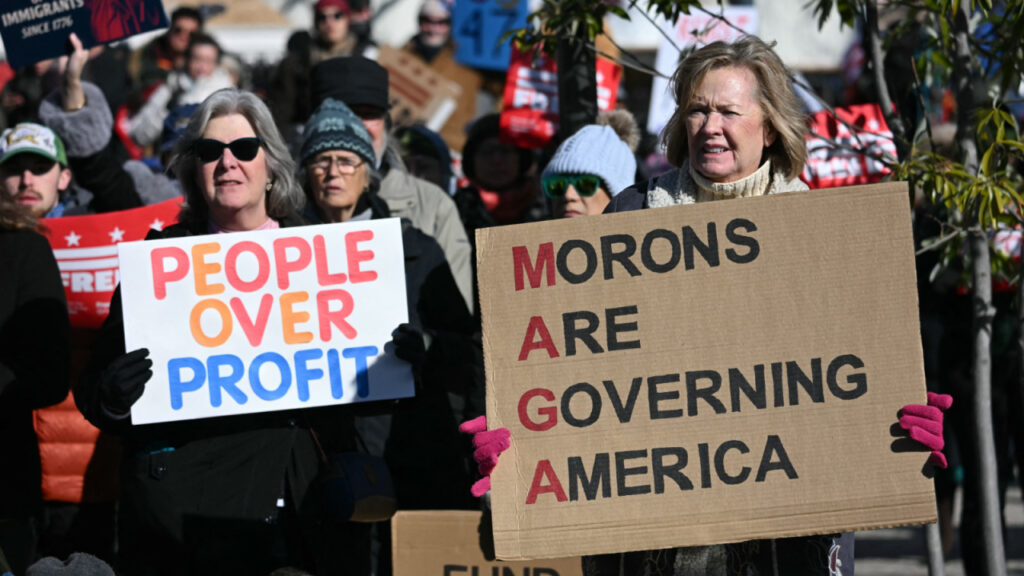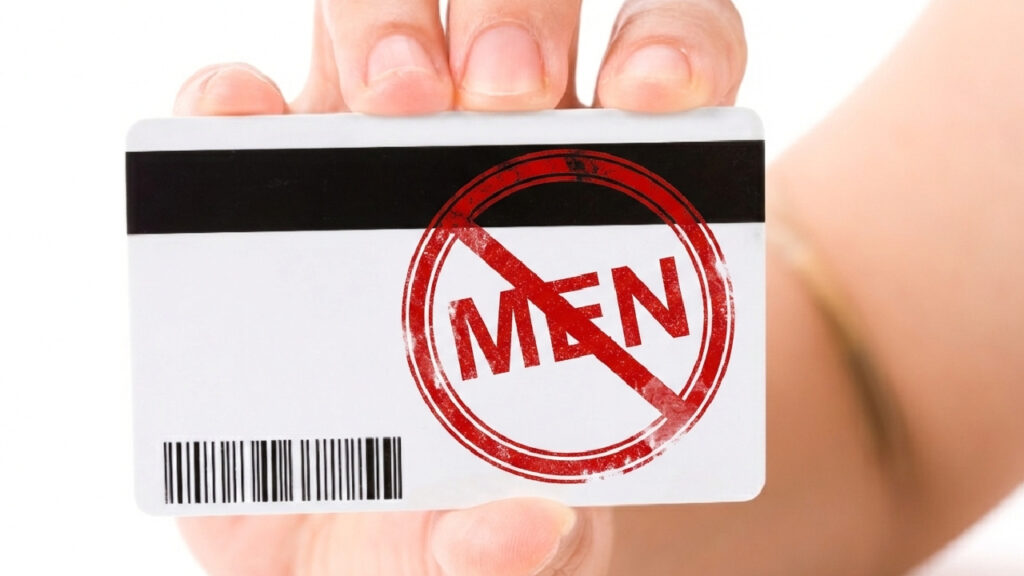
I’m a Woman in My Late 30s Looking To Freeze My Eggs, Here’s What That Means in Post-Roe America
A lifetime ago, when I was in my early 20s, I wrote an abstinence-themed op-ed for my college newspaper, “The Daily Targum” at Rutgers University.
In the April 2004 column titled, “No thanks, I’ll wait,” I outed myself as a virgin and vowed to wait until marriage to have sex. As I wrote, intercourse symbolized “marital love and the covenant and commitment two people make to each other.”
I may have been born and raised in a solidly Democratic state like New Jersey, but I was reared by much older Cuban, Catholic, conservative immigrant parents. I attended parochial schools during childhood where the only acceptable opinion was to be staunchly against abortion. I thought my years-long commitment to virginity until marriage shielded me from the conversation.
But in the nearly two decades since I wrote my college newspaper piece, my views on sexual activity and bodily autonomy have changed dramatically.
Spoiler alert: I didn’t wait until marriage to have intercourse, and I’ve had two pregnancy scares in the last decade (both tests were negative). While I’ve always wanted to get married and had a romanticized view of the institution, thanks to binge-watching Disney movies and Spanish-language soap operas during my formative years, I’ve been hesitant about having children. I love visiting and babysitting my friends’ kids, but I value my free time, disposable travel income and flexibility to make last-minute plans with relative ease.
Only recently, after I ended a seven-year relationship because my former partner was ambivalent about marriage, I seriously began considering freezing my eggs to preserve my fertility until I find a suitable boyfriend who’s interested in walking down the aisle and eventually starting a family.
Thankfully, because I live in New Jersey, the only major hurdle I have to cross is whether I want to dip into my savings to pay for the egg-freezing procedure or find another way to cover the cost. If I were to live in one of the dozens of states that immediately criminalized abortion following the Supreme Court’s decision to overturn Roe v. Wade, going through with any fertility treatment could put me in legal crosshairs.
Egg freezing is a procedure where women and birthing people can harvest eggs from their ovaries and freeze them for later use. IVF, the next step in the process, is when mature eggs are collected and fertilized by sperm in a lab, according to the Mayo Clinic. The fertilized egg, also called an embryo, is then transferred to a uterus.
However, during IVF, several embryos may result, leaving the patient to decide whether to discard the remaining fertilized eggs, freeze them for future use, or donate them to science.
Infertility care in the United States — which includes everything from genetic testing to egg and embryo storage — is an estimated $8 billion industry and has led to the births of over 83,000 children in 2019 alone, according to “The National Law Review.”
In red states like Texas, the matter of what to do with frozen embryos has left at least one doctor questioning whether he should retain a criminal defense lawyer, according to a recent article in the “New York Times.” In other states like Florida, where most of my extended family lives and where a law that bans abortions at 15 weeks is in place, fertility treatments may also be affected if the state criminalizes these procedures outright.
While some states like Louisiana have exempted contraception and IVF from its restrictive anti-abortion law, it’s still maddening that women and birthing people in certain states may face additional legal loopholes to start hoped-for families. It disenfranchises large swaths of the United States. It turns many fellow Americans into second-class citizens, unable to make the healthcare and reproductive choices they need for themselves and their families.
It’s a dangerous precedent when the government becomes the deciding factor of when “personhood” begins. It strips the rights of birthing people and also puts the desire of future parents with fertility issues in the balance.
————————————————
Carmen Cusido is a writer based in Northern New Jersey. She is working on a memoir about grief and loss titled Never Talk About Castro and Other Rules My Parents Taught Me.




